With Black History month taking over October in the UK, there have been many highlights of ‘Black Excellence’ across Britain. One person that stands out with an incredible story is Betty Campbell.
Betty Campbell born Rachel Elizabeth Johnson (November 1934 – 13 October 2017) was a Welsh activist, community leader and educator. Ms Campbell won a scholarship to the Lady Margaret High School for Girls in Cardiff. She later trained to become a teacher and started her teaching career in Mount Stuart Primary School in Butetown,Cardiff, where she dedicated 28 years of putting into practice innovative ideas on educating children, multicultural studies, as well as being heavily involved in the community. Ms. Campbell went onto becoming the headteacher of Mount Stuart Primary School, making her the first Black Headteacher in Wales.
Although she had a successful career and made everlasting impact in the education sector but also for the culture of United Kingdom, Betty Campbell’s life was a result of dedication, passion, and pure resilience.
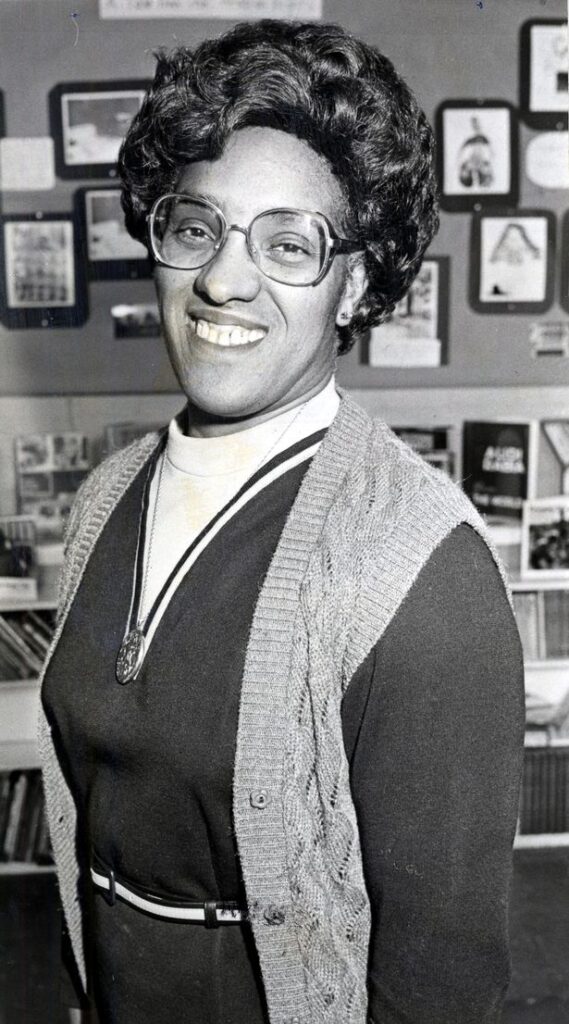
Ms Campbell’s father died in World War 2 in 1942. Her mother worked as an illegal bookmaker to financially sustain them. Betty’s love of books started from young, also inspiring her dreams of becoming a teacher. Although those dreams were trampled on from very early on, as Ms Campbell’s teachers would constantly tell her that a working class black girl would not be able to obtain such positions due to “insurmountable” problems. This often reduced her to tears, however, it also made her more determined to follow her dreams.
Ms Campbell’s dreams quickly came to a halt when she was 17 years old, as she fell pregnant whilst studying her A-levels. She left school as a result and later on married her husband Rupert Campbell in 1953. In 1960, she had enrolled to the Cardiff Teacher Training College, which was not easy as Ms Campbell had 3 children to look after as well. However, she was determined to make it work, as it was the first time the training college was accepting female teachers and she was one of only 6 female students admitted. When she finally became a teacher, the hardship did not stop. She was often met with teachers who would look down on her as well as other parents. “They hadn’t seen a black teacher before. It was as if you could do a job, but if you’re black you weren’t quite as good.”
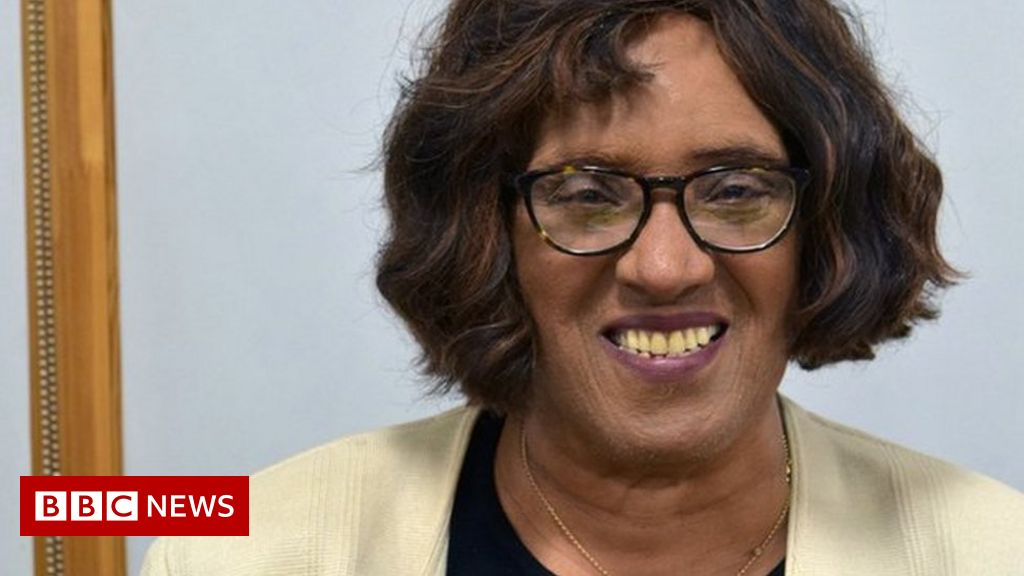
Ms Campbell took a trip to the US, where she learned about anti-slavery activists like Harriet Tubman as well as learning about the civil rights movement. This inspired her to not only continue on her path as a teacher and become great for of change in the educating sector, but it also inspired her to try and implement black culture in her studies. When she became Wales’ first black head teacher in the 1970’s she implemented teaching about slavery in the curriculum as well as teaching about black history and the apartheid. In one of her speeches, Ms Campbell states “I was determined that I was going to become one of those people and enhance the black spirit, black culture as much as I could” and so she did. Ms Campbell helped to create Black History Month, a month to celebrate black history, bring to the front black history and educating others of incredible black people from our history, not knowing she would become an amazing black historical figure herself.
Campbell did not just stop with the teaching in the classroom, but she also taught her community. She did not stop just at black history and culture, as the town she lived in was a multicultural town, Butetown, she also conducted workshops on the origins of the citizens of Butetown.
Campbell’s impact on society did not stop in her community. Under her leadership in Mount Stuart School became very well knowing across the whole of the United Kingdom. Her teaching methods as well as her curriculum became the teaching template for multicultural education. She was invited to be part of the Paul Hamlyn Foundation Commission on Education, which published a number of research papers on education. In 1993, it published the book “Learning to Succeed” where practice examples from Mount Stuart Primary School were cited. This also prepared her for her next role as a member of the Home Office’s race advisory committee. In 1998. Nelson Mandela’s invited her to meet him on his only visit to Wales as a member of the Commission for Racial Equality. In 2003, she was awarded an MBE for services to education and community life. Her awards or recognition did not end there as she also received a lifetime achievement award from Unison Cymru’s Black Members’ group, for her contribution to black history and Welsh education in 2015.
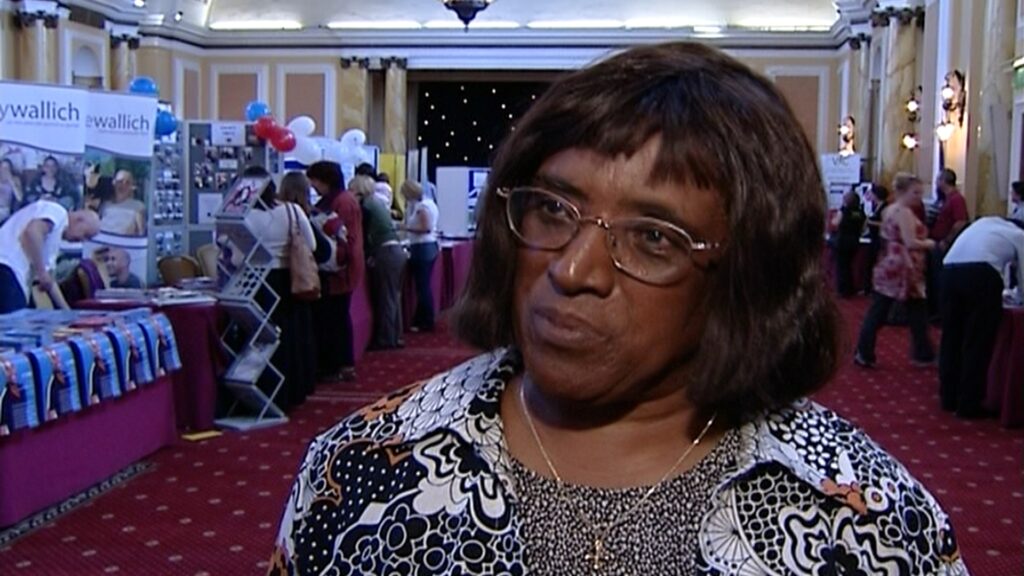
In 2019 the BBC ran a Hidden Heroines campaign to shine light on women who have had an enormous impact on society through different contributions. Five women were shortlisted: the poet and teacher Cranogwen (Sarah Jane Rees), the suffragette Lady Rhondda (Margaret Haig Thomas), the political organiser Elizabeth Andrews, the writer and anthropologist Elaine Morgan, and activist and educator Betty Campbell. The winner would have a statue of them in front of the BBC studios. The vote was a public vote and on the 18th January 2019 it was announced that Ms Campbell had won the vote. Her statue was unveiled on the 29th September 2021. It was set to be installed in 2020, however due to Covid-19 restrictions there were delays. The statue now proudly resides outside the BBC Wales Studio in Central Square.
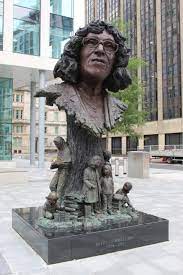
The BBC also has a documentary on the life of Betty Campbell. Betty Campbell: Statue for a Heroine which is a must-watch for inspiration as it really brings about her remarkable achievements in such hard times.
Ms. Campbell’s life is exactly the type of history we should be taught about. Her resilience in the face of challenges gives us strength to fifth our own little battles and also showcases us where we have come from. Her motivation to keep going and be a force of change beyond even her own dreams highlights the importance of believing in yourself. The many different sectors she worked in, from being on the council to working with the home office, showed the range of lives that can be positively affected when given the opportunity. Her story should not only be one for inspiration, but also a template for working hard and continuing to strive even when all the odds are against you.
Thank you Ms. Campbell.

Author: Naomi Macanda
naomie.m@hotmail.co.uk
London, UK

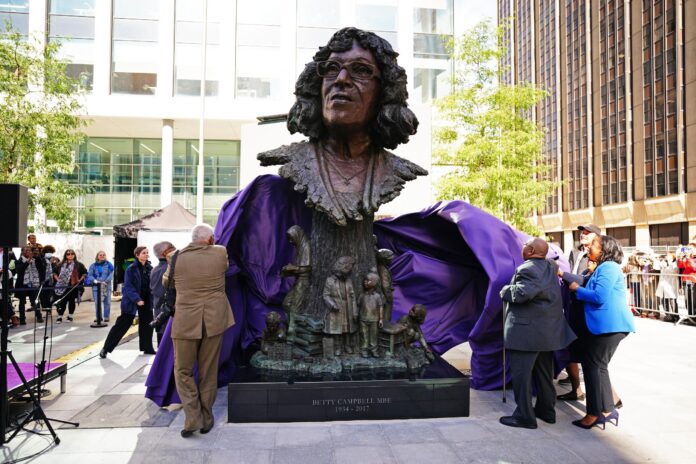







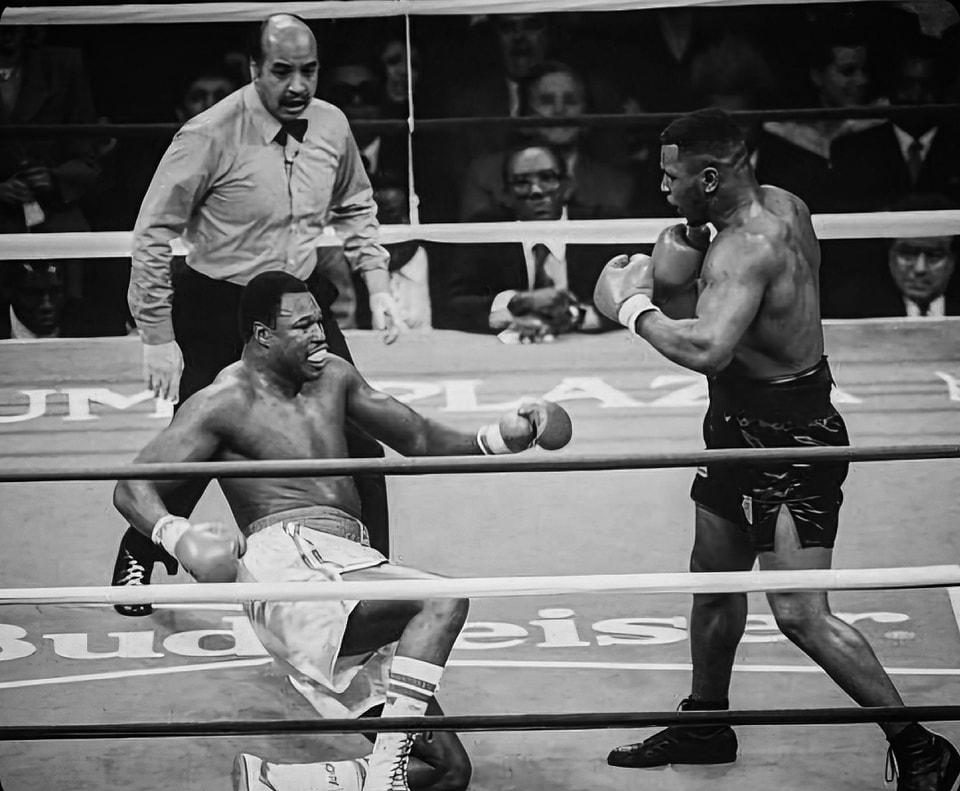




Great article, totally what I needed.
visitbradford.com
After you know he will deliver every single week, you can up the quantity that you bet.
[url=https://sports-4ever.com/1xbet-avis-2023/]sports-4ever.com[/url]
Appreciating the dedication you put into your website and in depth information you offer. It’s great to come across a blog every once in a while that isn’t the same old rehashed information. Fantastic read! I’ve bookmarked your site and I’m including your RSS feeds to my Google account.
chatkhonganh.xyz
No matter if some one searches for his vital thing, so “카지노솔루션” he/she wishes to be available that in detail, therefore that thing is maintained over here.
Wow, marvelous blog layout! How lengthy have you ever been running a blog for? “카지노솔루션임대” you make running a blog glance easy.
Your mode of explaining everything in this article is truly nice, “카지노프로그램” all be able to easily understand it, Thanks a lot.
Ahaa, its nice dialogue regarding this paragraph here at this webpage, I have read all that, “카지노프로그램임대” so now me also commenting at this place.
An intriguing discussion is worth comment. I do believe that you need to write more on this topic, “카지노사이트” it might not be a taboo subject but generally folks don’t talk about such subjects. To the next! Cheers!!
It’s enormous that you are getting thoughts from this post as “총판모집” well as from our dialogue made at this time.
Hi to everyone , since I am really eager of reading this web site’s “카지노총판모집” post to be updated on a regular basis. It carries pleasant data.
Wow! After all I got a web site from where I know how to actually obtain valuable “카지노api facts regarding my study and knowledge.
I’m impressed, I have to say. Really not often do I encounter a blog that’s both educative and entertaining, and let me let you know, you may have hit the nail on the head. Your idea is outstanding; the problem is something that not sufficient individuals are talking intelligently about. I am very happy that I stumbled across this in my search for one thing regarding this.
Hi! This post couldn’t be written any better! Reading this post reminds me of my previous room mate! He always kept chatting about this. I will forward this write-up to him. Pretty sure he will have a good read. Thank you for sharing!
Pretty portion of content. I simply stumbled upon your website and in accession capital to assert that I get actually enjoyed account your blog posts. Anyway I’ll be subscribing to your feeds and even I success you access consistently rapidly.
I’m truly enjoying the design and layout of your site. It’s a very easy on the eyes which makes it much more enjoyable for me to come here and visit more often. Did you hire out a developer to create your theme? Exceptional work!
Good shout.
ZH
live rosin gummies area 52
thc gummies for anxiety area 52
live resin area 52
Your article helped me a lot, is there any more related content? Thanks! https://accounts.binance.com/register?ref=P9L9FQKY
Perfect work you have done, this site is really cool with great info .
Tried the https://www.cornbreadhemp.com/collections/thc-drinks from Cornbread Hemp — the well-disposed with a be together of THC. Took entire anterior to bed. The flavor’s competent, shed weight crude but pleasant. Around an hour later, I felt noticeably more insouciant — not lethargic, well-grounded appease enough to drift eccentric without my tell off racing. Woke up with no morning grogginess, which was a warm-hearted surprise. They’re on the pricier side, but if you contend to unwind at darkness, they could be merit it.
Thank you for your sharing. I am worried that I lack creative ideas. It is your article that makes me full of hope. Thank you. But, I have a question, can you help me?